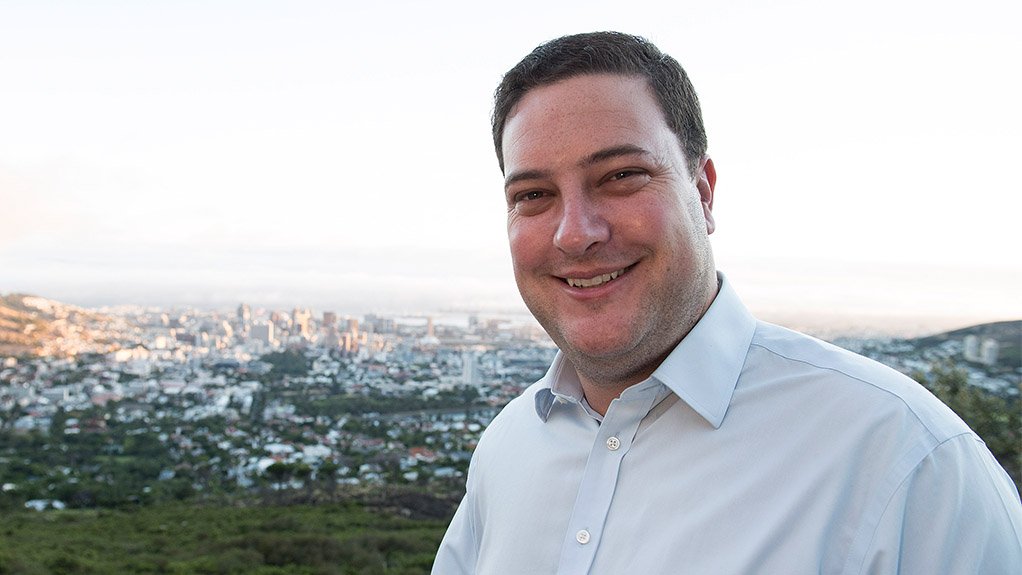/ MEDIA STATEMENT / The content on this page is not written by Polity.org.za, but is supplied by third parties. This content does not constitute news reporting by Polity.org.za.
The City’s draft Energy Strategy is out for public comment until 31 July 2023. In an incredibly fast changing energy market in South Africa, this strategy document details how the City will develop and evolve its energy utility in the years ahead. This includes the City’s most important current energy priority - ending load-shedding in Cape Town, with short-term plans to protect against the first four stages of Eskom blackouts by 2026. This is alongside a roadmap to 2050 outlining how government, the private sector, residents and businesses can play a role in the regional energy transition. View here: Comment on the City’s draft Energy Strategy Read more below:
‘Ending load-shedding is the most important action we can take for job-creating economic growth. Cape Town’s draft energy strategy maps the way toward four stages of load-shedding protection by 2026, adding 650MW of independent power to our mix within five years, and building up to the ultimate goal of one gigawatt of independent power to put an end to Eskom load-shedding and the threat of blackouts completely.
‘This progressive strategy further charts the long-term path to 2050, as we make the great transition from centralised supply of unreliable, costly and fossil fuel based Eskom energy, to an increasingly decentralised supply of reliable, cost-effective, carbon neutral energy from a diverse range of suppliers.
‘Our strategy is grounded in three key commitments: to end load-shedding, alleviate energy poverty, and optimise energy use across Cape Town. This will be backed by a future-fit municipal electricity service, proactive electricity infrastructure upgrades, and support for residents to seize opportunities in the changing energy market as we build the city of hope for all,’ said Mayor Geordin Hill-Lewis.
Short-term load-shedding mitigation up to 2026 will be achieved largely through a mix of Steenbras Hydro Plant (1 – 2 stages); 500MW of dispatchable energy (up to four stages from 06:00 – 22:00 daily where possible); and demand management programmes.
Demand programmes include Large Power Users (LPUs) curtailment, and Power Heroes, a voluntary incentives programme for households that enables remote switching of power-hungry appliances such as geysers and pool pumps at peak times.
Overall, Cape Town is planning to add up to one gigawatt of independent power supply to end-loadshedding in the city over time, with the first 650MW of this within five years, including enough to protect against four Eskom load-shedding stages by 2026.
The exact mix may vary, but will include:
Embedded IPP renewable energy (200MW) – with the goal to diversify electricity suppliers for more reliable, cost-effective electricity
Dispatchable Energy (up to 500MW) – a key load-shedding mitigation mechanism, with 10-year power contracts for renewable energy plants which need not be grid-tied
Wheeling (up to 350MW) – a City-enabled means of third parties selling electricity to each other using existing grid infrastructure
Private Small Scale Embedded Generation (up to 100 MW) and small-scale electricity sales under the Cash for Power programme for residents and businesses with solar PV generation capacity
City-owned SSEG (up to 20MW) from the Atlantis plant (7MW) and solar PV at City facilities (13MW)
Three strategic commitments
Besides ending load-shedding over time, the City’s draft Energy Strategy makes two further commitments to alleviate energy poverty, and optimise energy use across the metro.
Alleviating energy poverty goals to be achieved within the next five years include:
Upholding the high electrification rate of informal settlements where permissible
Grid enhancements and subsidy reform
Free Basic Alternative Energy Policy for non-grid connected informal households
Piloting alternative public lighting solutions for unelectrified settlements
Short-term plans to optimise energy use across Cape Town include:
Municipal Services Energy Efficiency programme
Energy performance baseline for all privately-owned buildings
Micro-developer support to build efficient, affordable, rental accommodation
Commercial and residential demand management programmes
Supporting the uptake of electric vehicles
Energy systems for economic growth
The City’s Mayoral Committee Member for Energy, Councillor Beverley van Reenen said the draft Energy Strategy ‘provides a pathway to increase load-shedding mitigation in the short-term, while enabling a future-fit municipal electricity utility and local energy economy.
‘The City’s electricity business model is set to transition from relying only on the sale of electricity, with limited customer choice, to an increasingly competitive regional energy market that offers customers greater choice, and a greater share of distributed renewable energy, underpinned by proactive grid maintenance.
‘Our strategy further commits the City to the annual publication of updated energy data on City Open Data Portal, and a drive to empower entrepreneurs, youth, and job seekers to take advantage of a growing energy sector and thriving market in Cape Town,’ said Councillor Van Reenen.
Eskom supply areas
The City's long-term intention is to distribute electricity directly to all customers in Cape Town, including those currently in Eskom supply areas.
The City is engaging with Eskom to resume talks on taking over the SOE’s supply areas in Cape Town. Talks have stalled following the departure of CEO Andre du Ruyter, with Mayor Hill-Lewis now pushing Eskom for a definite timeline on resuming negotiations.
Approximately two thirds of electricity customers are served directly by the City, with the remaining third of customers served by Eskom.
Adjustments to supply areas in Cape Town will undergo full financial and technical feasibility analysis to ensure affordability and quality of service for all customers.
To comment:
Issued by The City of Cape Town
EMAIL THIS ARTICLE SAVE THIS ARTICLE ARTICLE ENQUIRY
To subscribe email subscriptions@creamermedia.co.za or click here
To advertise email advertising@creamermedia.co.za or click here











